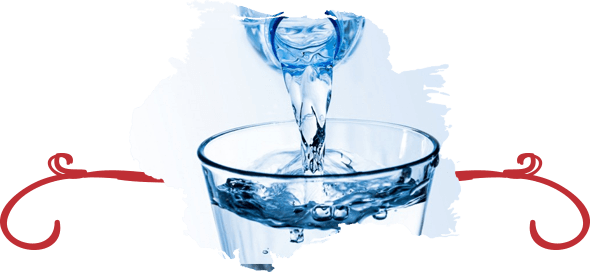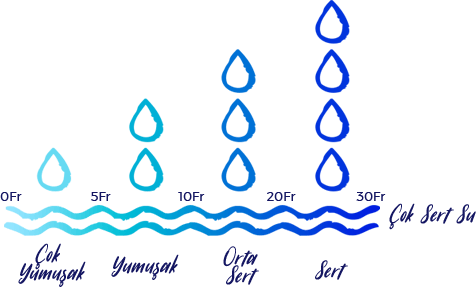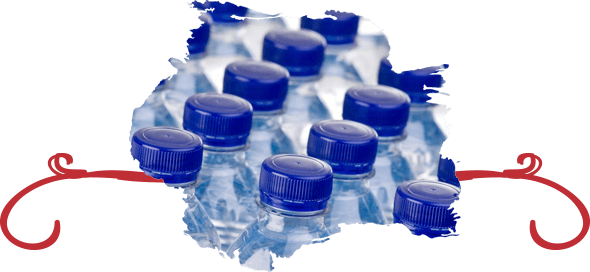Water and Health

As well as water is appeared in physical, chemical and biological events in human body as the main object of the life and it also plays role in maintenance and protection of health with the elements in it. The benefits of drinking water;
It maintains the regulation of body temperature and water balance.
It facilitates digestion, absorption and carrying into the cells of nutrition that we have eaten.
It facilitates egestion of harmful substances formed due to metabolism.
It decreases feel of hunger and that helps loss of weight.
It creates biochemical reactions necessary for life and health in the cells.
It maintains joint lubricity.
It moistens body tissues such as mouth, eyes and nose.
It beautifies the body.
It moistens the oxygen in breathing and it helps us to breathe easily.

What is Natural Spring Water?
Spring Water is groundwater which is formed naturally in the geological units whose geological conditions are suitable, extracting to the ground by itself from one or more exit points or extracted by technical methods and unprocessed, excluding the ones permitted in Regulation concerning water intended for human consumption by the Ministry of Health, whose qualities are defined, meets the labelling requirements and is presented to the market with the aim of sales goal.

How much water should we drink a day?
Water quantity that people should drink depends on their body weight and their activities, however, drinking 8-10 glasses of water a day is prescribed by Republic of Turkey, the Ministry of Health, Directorate of Nutrition and Physical Activities to maintain harmful substances formed in the body to be egested and keep body water balance.
In the scientific view of European Food Safety Authority (EFSA) related to Dietary Reference Values for Water dated March 2010, it is said “Water is essential for practically all functions of the body and is particularly important for thermoregulation. A water intake which balances losses and thereby assures adequate hydration of body tissues is essential for health and life.”.
In this view EFSA advises 2 liters of water for an adult female under normal activity and temperature and 2,5 liters of water for an adult male. EFSA suggests that only 20% of this need can be met with solid food.

What does pH means?
pH is a unit of measure (measured with the quantity of H+ ions and OH- ions) which shows the acidity or alkalinity of a liquid. pH value is evaluated between the figures 0 and 14. pH 7 is evaluated as neutral. Water under pH 7 is evaluated as acidic and water above pH 7 is evaluated as basic.
The regulation on Natural Spring Water sets out that it should be between pH 6,5 and 9,5.

The meaning of water hardness
Rain and snow water which are a little bit acidic dissolve the calcium carbonate in rocks and earth while passing through rock and earth stratum. Water containing this dissolved calcium carbonate is called either soft or hard water according to the calcium carbonate quantity in it. The degree of water hardness depends on the quantity of calcium carbonate in the water. Rain and snow water does not dissolve only calcium carbonate.
It is affected from magnesium, sulphate, chlorite, acid silicic salt and iron and it carries these substances. However, dissolved calcium carbonate is the component making contribution to the water hardness most. The water hardness does not have a negative impact on health, however, water nice to drink in our country is mostly soft water. The water hardness is defined with Fr and according to this definition;


